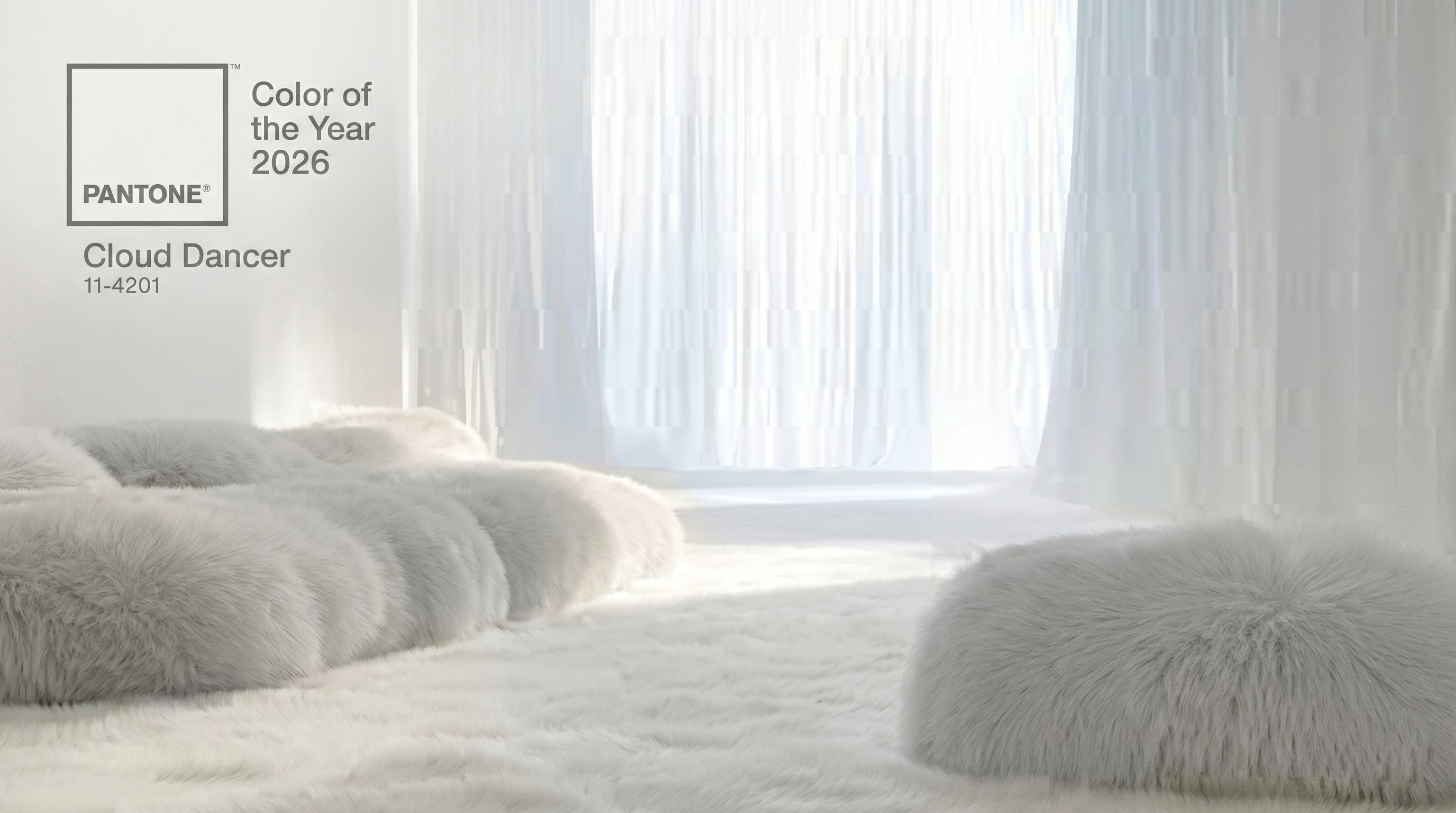Table of Content
▲
In today’s world, where indoor air pollution is becoming a concern, finding natural and eco-friendly solutions for freshening up your living space has never been more important. While chemical-based air fresheners are commonly available, they can contain harmful substances that may affect your health. Thankfully, nature offers us many alternatives that are safe, effective, and pleasant.
In this article, we will discuss the 8 best natural air fresheners to try at home. We will cover how each option works, tips for using them, and why they are better than synthetic products. So, let’s dive in and explore these refreshing ideas to naturally fragrance your home!
1. Why Choose Natural Air Fresheners?
Using natural air fresheners comes with a number of benefits:
- Healthier Option: Natural fresheners are chemical-free and do not release harmful toxins into the air.
- Eco-friendly: Most natural air fresheners come from renewable sources and do not pollute the environment.
- Cost-effective: Many natural alternatives are inexpensive and can be made using ingredients you already have at home.
- Customizable: You can create your own scents based on personal preferences by mixing essential oils, herbs, and spices.
2. Top 8 Natural Air Fresheners
Here are some of the best natural air fresheners you can use to keep your home smelling fresh and clean:
2.1 Essential Oils
Essential oils are concentrated plant extracts with natural aromas. They not only provide a refreshing scent but also have therapeutic properties that can improve mood and well-being.
How to Use:
- Use a diffuser to disperse the fragrance throughout your room.
- Create a DIY spray by mixing essential oils with water in a spray bottle.
Popular Oils: Lavender, eucalyptus, peppermint, lemon, and tea tree.
|
Essential Oil |
Benefits |
Usage |
|
Lavender |
Calming and relaxing |
Use in bedrooms for restful sleep |
|
Lemon |
Uplifting and fresh |
Use in living rooms or kitchens |
|
Eucalyptus |
Invigorating and purifying |
Ideal for bathrooms |
2.2 Baking Soda
Baking soda is an excellent natural deodorizer that neutralizes odors instead of masking them. It is especially effective for tackling stubborn smells in enclosed spaces.
How to Use:
- Place a bowl of baking soda in the fridge or other areas prone to odors.
- Sprinkle baking soda on carpets or upholstery, let it sit for a few hours, and then vacuum.
2.3 Activated Charcoal
Activated charcoal is a powerful air purifier that absorbs moisture and odors from the air. It is non-toxic and can be reused, making it a great long-term solution.
How to Use:
- Place small charcoal sachets around your home, particularly in closets, shoe racks, and basements.
2.4 Citrus Peels
Citrus fruits like lemons and oranges naturally freshen the air with their crisp, clean scent. You can use the peels as air fresheners or create homemade cleaning products.
How to Use:
- Boil citrus peels in water to release their fragrance throughout your home.
- Place dried citrus peels in sachets and keep them in drawers or cupboards.
2.5 Houseplants
Plants do more than just beautify your home—they also purify the air. Many houseplants can absorb toxins and release oxygen, leaving your home with fresher air.
Recommended Plants:
- Aloe Vera: Known for its air-purifying properties.
- Spider Plant: Removes formaldehyde and xylene from the air.
- Peace Lily: Absorbs mold spores and other pollutants.
2.6 Vinegar
Vinegar has natural deodorizing properties and is a great cleaner that can help neutralize smells. It’s particularly effective for removing strong odors like smoke or mildew.
How to Use:
- Mix vinegar with water and use it as a spray to eliminate odors.
- Leave a bowl of vinegar in rooms with stubborn smells for a few hours.
2.7 Herbs and Spices
Herbs and spices like cinnamon, rosemary, and mint have pleasant fragrances and can act as natural air fresheners.
How to Use:
- Simmer cinnamon sticks and rosemary in water to release their fragrance.
- Create small sachets filled with dried herbs and place them around your home.
2.8 Beeswax Candles
Beeswax candles are a healthier alternative to paraffin candles. They release negative ions, which help neutralize pollutants and allergens in the air while emitting a pleasant honey-like scent.
How to Use:
- Light beeswax candles in rooms you want to freshen up, particularly during the evenings for a cozy ambiance.
3. How to Use Natural Air Fresheners Effectively
To get the most out of your natural air fresheners, follow these tips:
- Ventilation: Ensure your home is well-ventilated to allow fresh air to circulate.
- Regular Use: Use your preferred air freshener consistently to maintain a fresh atmosphere.
- Combine Methods: Experiment with different combinations of natural air fresheners to create your unique scent.
- Location: Place the fresheners in high-traffic or confined areas such as kitchens, bathrooms, and living rooms.
4. Benefits of Using Natural Air Fresheners
There are numerous benefits to using natural air fresheners in your home:
- Non-toxic: Free from harmful chemicals, natural air fresheners do not compromise indoor air quality.
- Eco-friendly: Most natural fresheners are biodegradable and eco-friendly.
- Cost-saving: Many natural options are affordable and can be created at home using common ingredients.
- Customizable: You have control over the scent and strength of the fragrance, allowing you to tailor it to your preferences.
Using natural air fresheners in your home is a great way to improve air quality, reduce exposure to harmful chemicals, and create a welcoming environment for your family and guests. By trying these 8 best natural air fresheners, you can enjoy a fresh and healthy home without compromising on scent or safety.
Also Read: Trendy Jewel Tones for Walls in 2024









Ans 1. Natural air fresheners are free from harmful chemicals, making them safer for your health and eco-friendly. They are often customizable and more affordable.
Ans 2. Essential oils release aromatic compounds into the air, providing a natural fragrance while offering additional therapeutic benefits like relaxation and energy boost.
Ans 3. Yes, many natural air fresheners are hypoallergenic, but it’s important to test them to ensure they don’t trigger any allergic reactions.
Ans 4. It depends on the type of freshener. Baking soda should be replaced every 1–2 months, while essential oil diffusers may need to be refreshed more frequently.
Ans 5. Natural air fresheners may not last as long, but they are healthier and safer. You can prolong their effect by combining different methods.